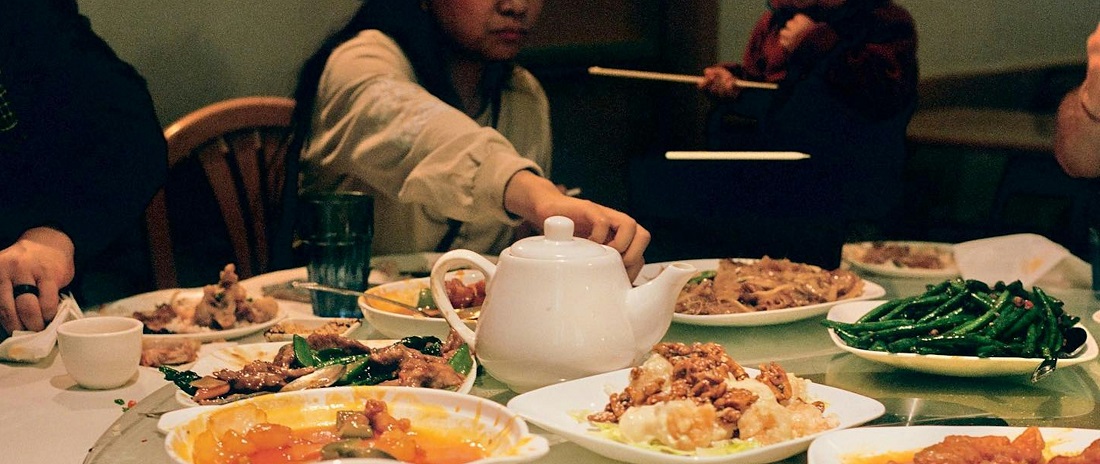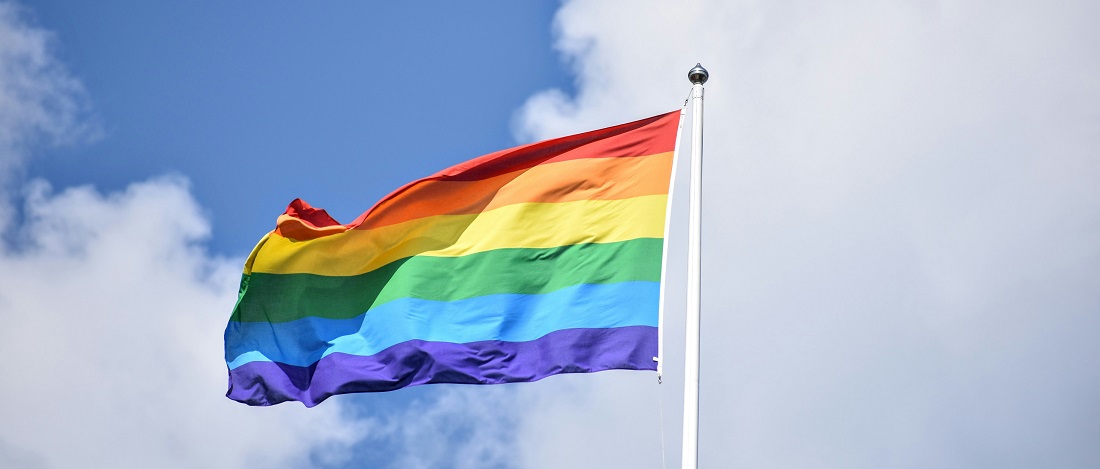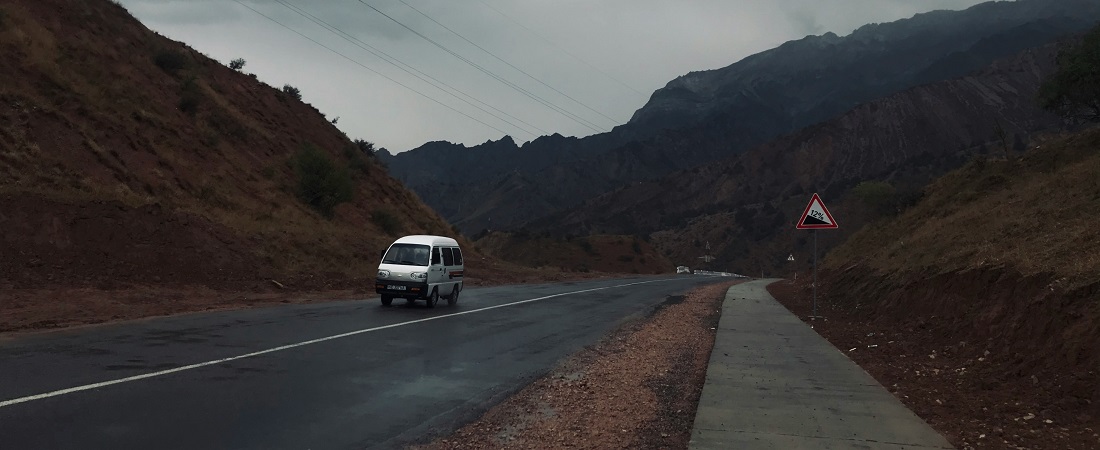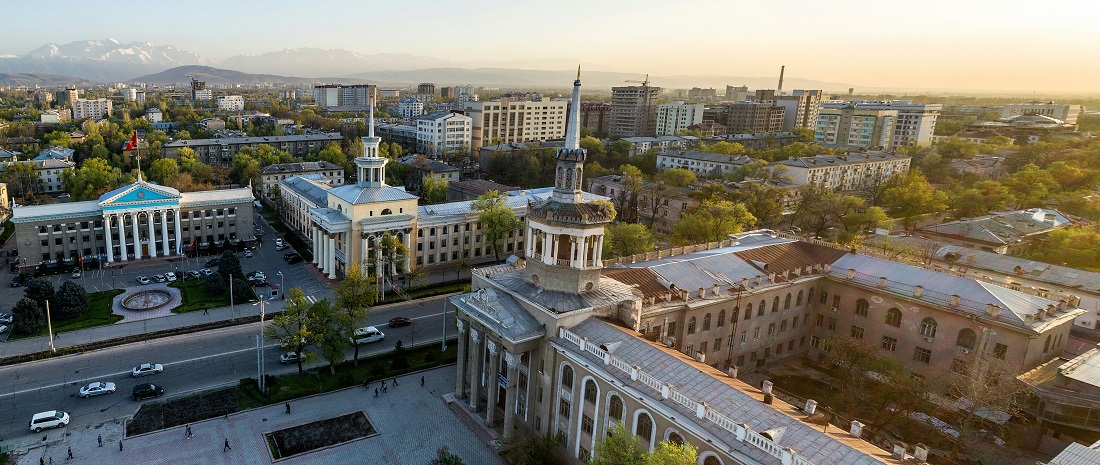Living in Kyrgyzstan as an expat
Expats moving to Kyrgyzstan will find themselves in a small yet fascinating nook of Central Asia. With the rocky Tian Shan region covering 80 percent of Kyrgyzstan, this landlocked country is as mountainous as it is tiny, with numerous lakes and valleys dotted between the soaring peaks.
Once part of the Soviet Union, Kyrgyzstan has been making gradual changes to embrace a new way of life since its declaration of autonomy in 1991.
Working in Kyrgyzstan
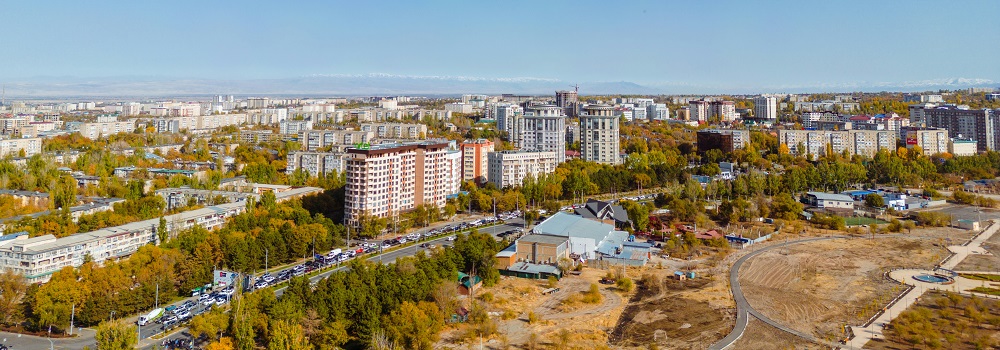
Expats who come to Kyrgyzstan usually work in the development sector for a range of international or local organisations and NGOs or in the mining industry. Volunteering is also becoming increasingly popular, and English teachers are always in high demand. Kyrgyzstan is considered one of Central Asia’s safer, more attractive countries. Various companies frequently use it as a base for conducting projects throughout the rest of the region.
That said, Kyrgyzstan is not a typical expat destination, with few moving there for reasons other than an already-established job contract. Most expats settle in the capital city of Bishkek, with a minority heading to the country’s second-largest city of Osh instead.
As a foreigner looking to work in Kyrgyzstan, you’ll need both a work permit and visa to live and work in the country. You’ll need to apply for an employment visa, and once you are in the country, your employer must apply for a work permit from the State Migration Service.
Local culture in Kyrgyzstan
The local culture in Kyrgyzstan is influenced by the country’s past ties to the Soviet Union. The biggest challenge facing expats will be related to the language barrier. Most locals speak Russian, while others speak Kyrgyz, so it’s rare to come across English speakers in the country. Slow bureaucracy and corruption are other issues some expats may have to deal with.
The work culture in Kyrgyzstan is traditional, with an emphasis on hierarchy in the workplace. Communication tends to be indirect to maintain harmony. We recommend learning more about local customs, as locals will appreciate any effort to respect Kyrgyz traditions.
Finding accommodation in Kyrgyzstan
The quality of housing in Kyrgyzstan varies, depending on whether you find an old-Soviet-style or a modern high-rise apartment. Rental prices in luxury apartments in Bishkek are fairly high but will still be affordable for most expats, while properties in other cities and rural areas will be cheap.
Most expats moving to Kyrgyzstan for work will be fortunate enough to have their employer or a relocation company assist them with the house search. If you’re going at it alone, it’s advisable to hire a bilingual real estate agent who has experience working with expats.
Renting Accommodation in Kyrgyzstan
Safety in Kyrgyzstan
Cost of living in Kyrgyzstan
Thanks to the country’s low cost of living, it is inexpensive to live well in Kyrgyzstan. Many companies organise comfortable accommodation for their employees when they arrive, but if not, various options are easily accessible in larger cities. Eating out and groceries will also be affordable, but prices for fresh produce during winter when they are in short supply.
Healthcare and international school fees are likely to be your highest expenses while living in Kyrgyzstan. If you choose to buy a car, you’ll also have to account for high purchase and maintenance costs.
Living in Kyrgyzstan with children
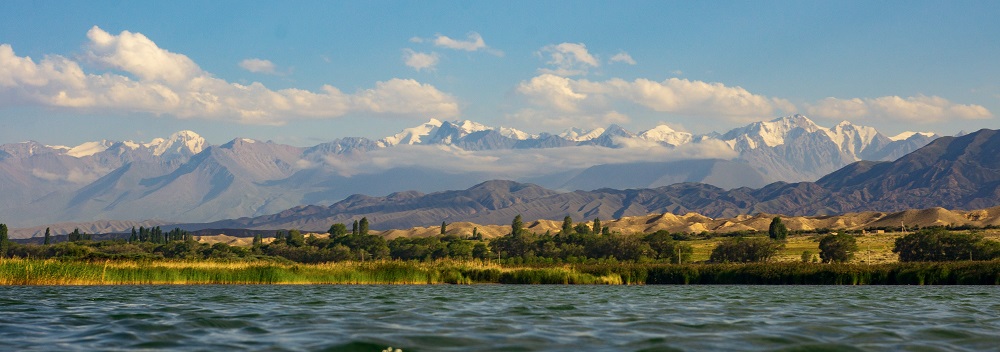
Outdoorsy expats will be right at home in Kyrgyzstan with its stunning natural beauty offering plenty to do, see and explore. Endless opportunities for skiing and hiking present themselves on the country’s many mountains, and swimming and lounging on the shores of the idyllic Lake Issyk-Kul are popular pastimes.
The majority of Kyrgyzstan’s population is Muslim, but this is not an immediately apparent aspect of everyday life. Modern Kyrgyz culture is a blend of ancient tradition tempered with touches of Islam and Soviet-style habits (which becomes obvious when dealing with anything bureaucratic). In a perfect demonstration of this careful balance, vodka is an essential part of any Kyrgyz celebration, although pork products are usually absent from such gatherings.
Finding a school in Kyrgyzstan
Although Kyrgyzstan has a literacy rate of over 95 percent, the quality of education in the country is often considered inadequate. This is particularly the case in rural areas, where access to education is limited. As such, most expats will send their children to international schools in Kyrgyzstan.
Most international schools are located in Bishkek and Osh, with fewer options elsewhere in the country. You can find schools offering the International Baccalaureate, American, and British systems, among others. These globally recognised curricula allow children to continue learning a familiar curriculum in a comfortable learning environment.
Getting around in Kyrgyzstan
Public transport in Kyrgyzstan’s major cities like Bishkek is varied. Options include buses, taxis, and shared taxis known as marshrutkas. Cars are imported in Kyrgyzstan, so if you want to purchase one, you’ll have to either buy it second-hand or import it, increasing the cost significantly. Most expats frequently buy a car from expats leaving the country, making it more affordable.
Climate and weather in Kyrgyzstan
Due to its mountainous landscape with varying altitudes, Kyrgyzstan’s climate varies widely throughout the country. The higher parts of the Tien Shan range are polar, just barely thawing in the summer, while lowlands like the Fergana Valley are subtropical, just barely freezing in the winter. The capital, Bishkek, is located in the foothills and marked by a temperate continental climate, with the mercury dropping to 18°F (-8°C) in the winter and rising to 90°F (32°C) in the summer.
Not a typical expat enclave, Kyrgyzstan is certainly a destination primed for those seeking something a little less ordinary. A spirit of adventure and an open mind will go a long way in helping you adjust to life in this Central Asian country.
Fast facts

Official name: Kyrgyz Republic
Population: 7.5 million
Capital city: Bishkek (also the largest city)
Political system: Unitary parliamentary constitutional republic
Neighbouring countries: Kyrgyzstan is bordered by Kazakhstan to the north, Uzbekistan to the west and southwest, Tajikistan to the southwest and China to the east.
Geography: Kyrgyzstan is a landlocked mountainous country rich with minerals. However, due to its mountainous terrain, very little land is cultivated.
Main languages: Kyrgyz and Russian (official)
Major religions: Islam
Money: The official currency is the Som (KGS), divided into 100 tyiyns.
Tipping: Tipping is not a common practice in Kyrgyzstan. Service charges are typically built into restaurant bills and flat-fare taxi rides, although you may give an extra tip if desired.
Time: GMT+6
Electricity: 220V, 50 Hz. Round, European-style two-pin plugs are common.
International dialling code: +996
Internet domain: .kg
Emergency numbers: 102 (police), 103 (ambulance), 101 (fire)
Transport and driving: Bishkek has an established public transport system consisting of buses, trolleybuses and taxis, but outside the major urban centres, transport is limited, and expats should consider purchasing their own vehicle.


